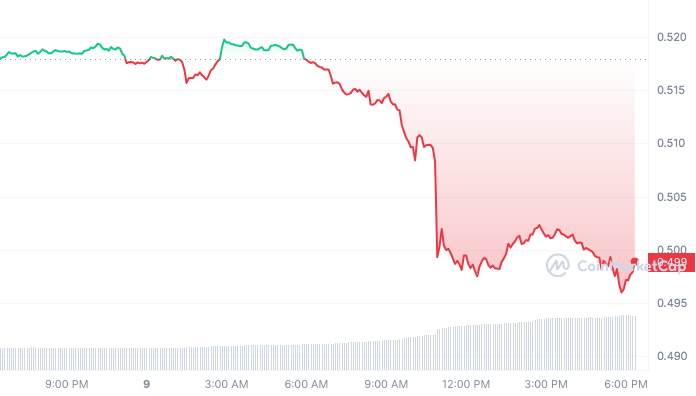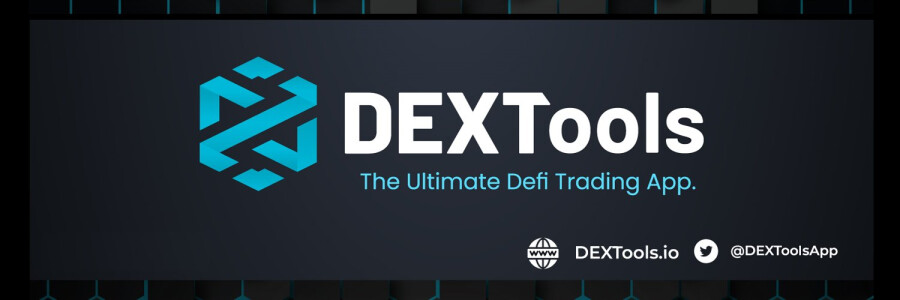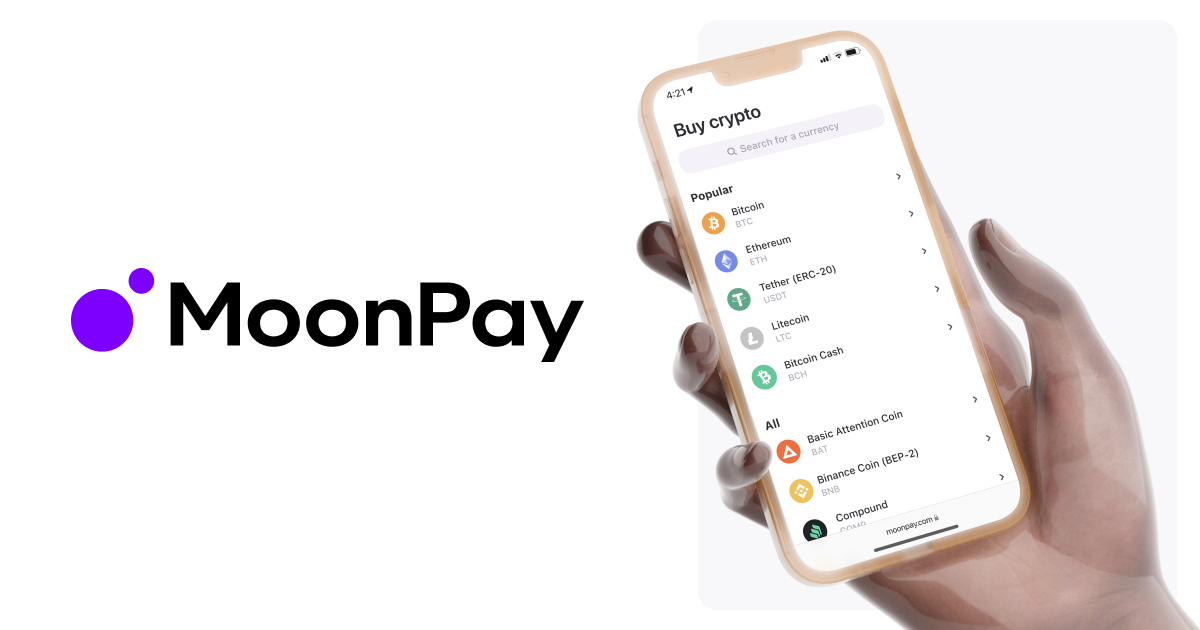China Says Overseas Visitors Are Using e-CNY, Paying More Salaries with CBDC
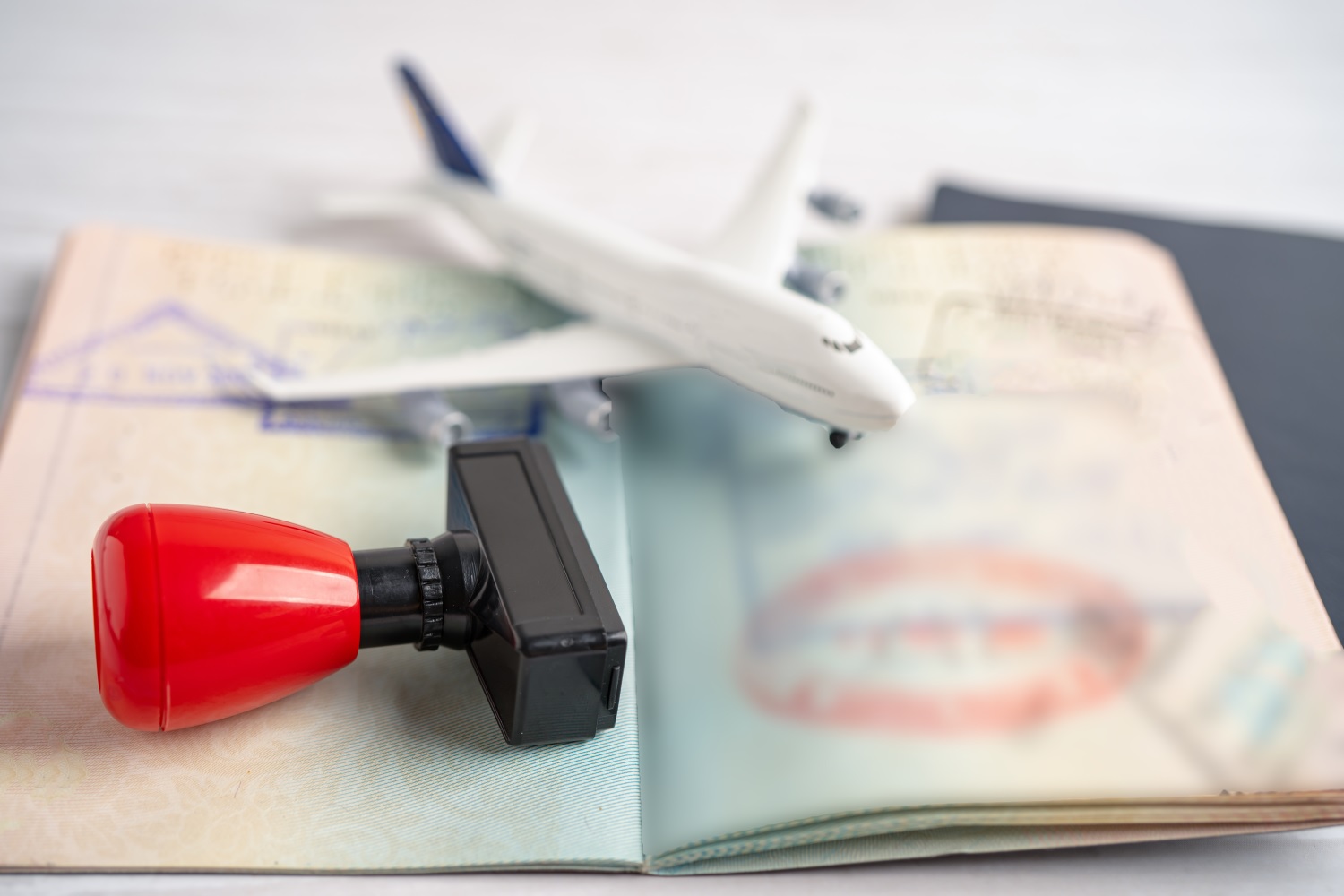
Chinese officials say uptake for the digital yuan is rising among overseas visitors – while more citizens are receiving their salaries in CBDC wallets.
Per the Hangzhou Daily, state-run banks in the Hangzhou Asian Games Village “welcomed delegations [athletes and coaches]” from across Asia at special digital yuan “demonstration” booths.
The overseas “delegations” were shown how to use the digital yuan to “make purchases” at various stores in and around the Asian Games Village.
Athletes and others were able to “experience the safety and convenience” of the coin “first-hand” at the games, which concluded on October 8.
The event was the first major international showcase for the coin.
And China marked the event by releasing a slew of new CBDC features aimed at foreign visitors.
These include an English-language version of the central bank’s digital yuan app and a link to Hong Kong’s FPS payment platform.
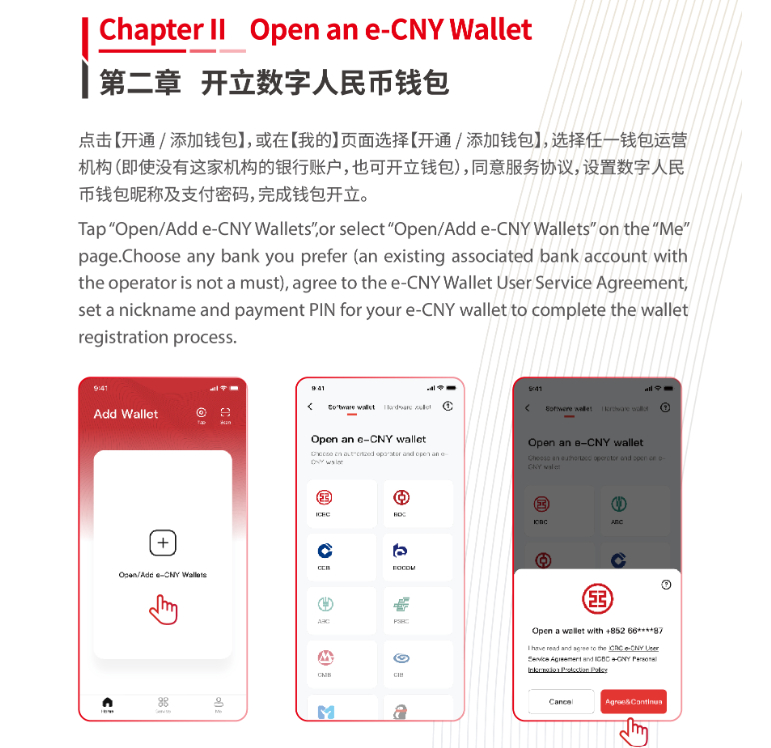
State-run banks, meanwhile, have begun promoting the coin to international students at Chinese universities.
Per Xinhua (via the China Economic Daily), visitors to China can now “register and open a digital yuan wallet with an overseas mobile phone number.”
They can also top up their wallets with overseas Visa and MasterCard bank cards.
And non-Chinese residents can also use QR codes from Alipay and UnionPay to make payments in Mainland China “through some overseas wallets.”
An Industrial and Commercial Bank of China spokesperson said:
“Previously, foreigners coming to China could only ‘pay-as-they-go’ when using digital yuan wallets. But new functions let them ‘top up first, and use later.’ This will make the payment process shorter and make for simpler and more friction-free transactions.”
But it appears that the CBDC is not the only Chinese payment system to have benefited from the games.
The same media outlet quoted Alipay data as showing that “since the start of the Asian Games, the average number of daily payments made by inbound tourists on Alipay increased by 69%.”
Dong Ximiao, the Chief Researcher at the China Merchants Union, stated:
“Convenient and novel forms of cross-border payment can optimize the payment experience for overseas tourists coming to China. This will further drive the Chinese retail market.”

Overseas Visitors’ Digital Yuan ‘Uptake Rising’ – and More Chinese Now Paid in CBDC
Meanwhile, more Chinese state-operated firms are now paying their staff in digital yuan tokens.
Last month, the state-run bureau that runs financial operations at the Zhongkai High-tech Industrial Development Zone in Huizhou, Guangdong Province, said it would begin paying its staff using the CBDC.
And the Huizhou Daily reported that the bureau has now successfully carried out its plan.
The media outlet reported that the bureau “paid digital yuan wages to 1,211 [Community Party-appointed officials] and employees in 25 district-level agencies and public institutions.”
The move marks the first time workers in the province have received the entirety of their salaries in CBDC tokens.
City officials claimed that 649,000 personal digital yuan wallets have been opened in Huizhou thus far.
Some 55,000 corporate wallets have also been opened in the city.
Earlier this year, the city of Changshu, in Jiangsu Province, said that “all public officials and employees of state-owned enterprises” would be paid in digital yuan starting in May 2023.







